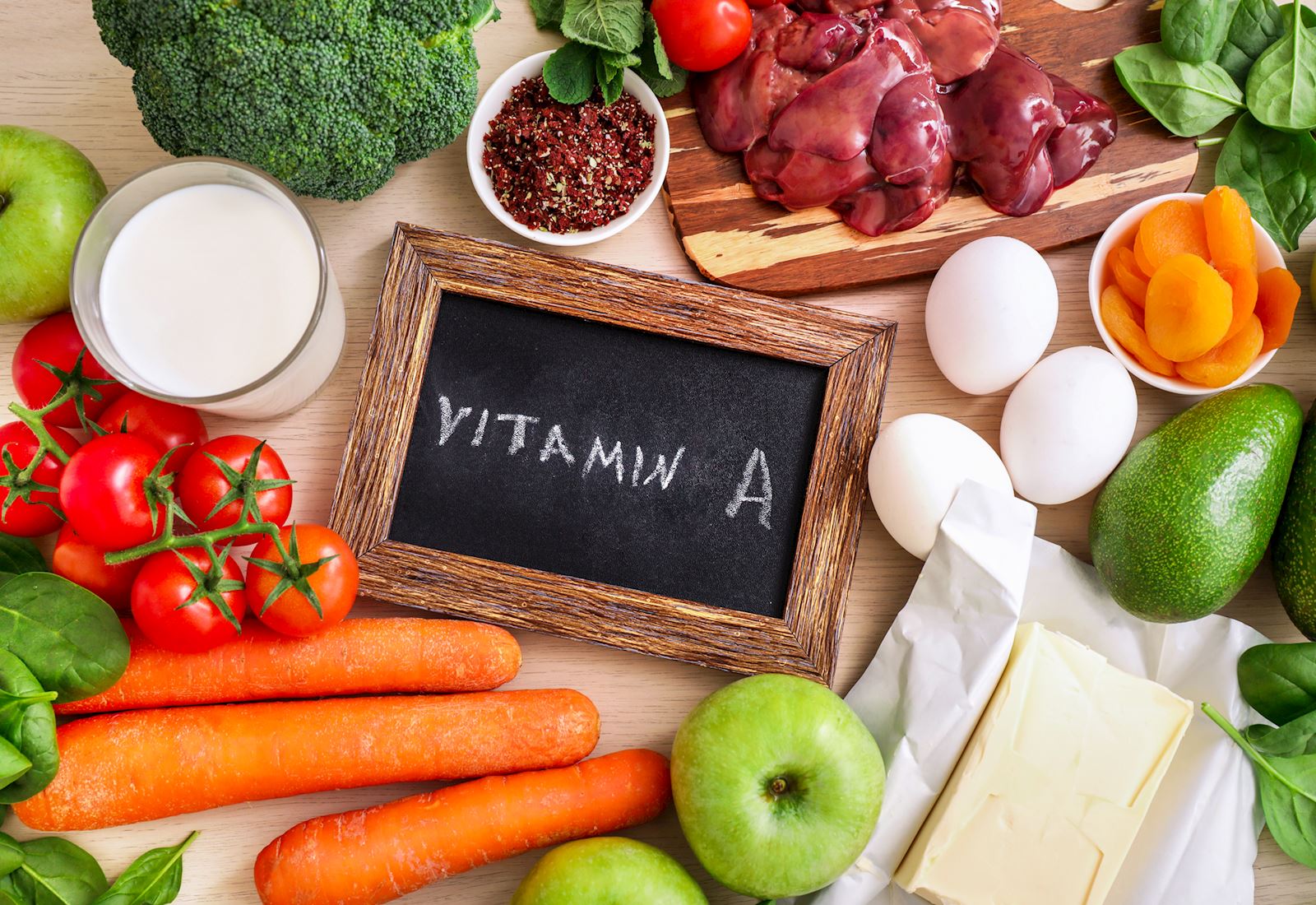With more than one million nerves connecting to the brain and weighing in at less than an ounce, your eye is one of the hardest working parts of your body. However, if you’re like many people, you don’t think twice about eye health. Here’s why you should and what you can do to help keep your eyes healthy for years to come.
With age, your vision can worsen, and you can develop serious conditions, including cataracts, glaucoma, and macular degeneration. The good news? There’s a lot you can do to protect your eyes starting today, first is with the food you eat.
Think A to Z when eating for better eye health
Research shows that good nutrition can lower your risk factors for conditions that cause vision loss, including cataracts and glaucoma. Try adding some of the following items to your diet to help improve your eye health:
- Vitamin A, yes, carrots are good for your eyes. They contain beta-carotene, which our bodies convert to vitamin A. Not only are carrots a good way to get this vitamin, but so are sweet potatoes (they contain more beta-carotene than carrots), milk and cheese.
- Vitamin C from foods including citrus, broccoli, green peppers and tomatoes can reduce your risks of developing age-related macular degeneration and glaucoma.
- Vitamin E is another nutrient that supports eye health. Foods rich in this vitamin include nuts, olive oil, vegetable oil and sweet potatoes.
- Omega-3 and omega-6 fatty acids can help with dry eyes. Oily fish such as salmon and sardines contain omega 3, while nuts and sunflower oil have omega 6 in them.
- Zinc plays an important role in helping your body produce melanin, a pigment that protects your eyes from deterioration. Nuts, seeds, oysters, shellfish and red meat are all good sources of zinc.
Don’t lose sight of these two tips:
- Wear your shades — Ultraviolet (UV) light from the sun can damage your eyes and increase your risk for cataracts and growths on the eye. Wearing UV-blocking sunglasses helps protect your eyes not only from the sun, but also the reflection from snow and water.
- Get that eye exam — Regular check-ups at your optometrist or ophthalmologist can catch problems early. If you’re 60 or older, experts advise getting your eyes checked every year or two.
Mom's Meals® can help
A convenient way to eat for better eye health and nourish your body is with Mom’s Meals. Our ready-to-heat-and-eat, delicious meals are delivered direct to homes nationwide. We take the guesswork out of eating better since each nutritious meal is thoughtfully crafted by registered dietitians and professional chefs.



